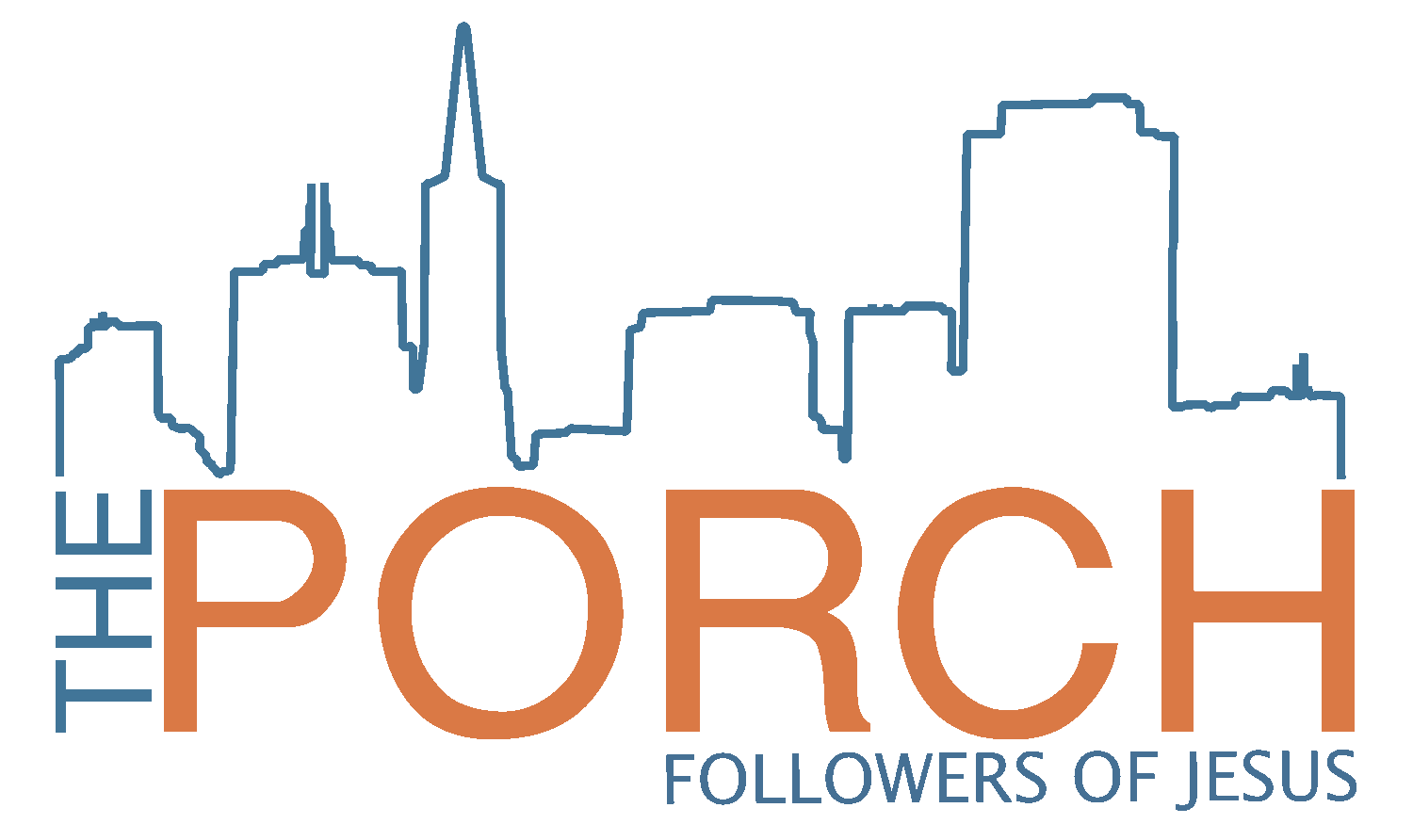Conversations on Biblical Justice
Revelation 7:9–10
9 After this I looked, and behold, a great multitude that no one could number, from every nation, from all tribes and peoples and languages, standing before the throne and before the Lamb, clothed in white robes, with palm branches in their hands, 10 and crying out with a loud voice, “Salvation belongs to our God who sits on the throne, and to the Lamb!”
In my favorite book of the Bible, Revelation, there is this wonderful image. John is looking into eternity and sees a picture of a crowd of people worshipping. And he describes this group as a "great multitude, from every nation, from all tribes and peoples and languages..." It really is a beautiful image. A diverse group of people worshipping King Jesus together. No racism. No division. No hated. No injustice.
But that's the world to come. That's not the world we live in right now. The world we live in now is full of racism, division, hatred, and injustice. Some of these issues that been a part of the fabric of our nation are again bubbling to the top. Our nation is fractured. The evidence is all around us.
Our denomination (The EFCA) has its headquarters in Minneapolis. Our president wrote two blog posts recently (link one - link two). In the first one he wrote, "We need to acknowledge what’s true: something is wrong. What happened in Georgia once again highlights a deeper issue of racial injustice in our country. (note—he wrote this first post just before the killing of George Floyd in Minneapolis.) Asian Americans have increasingly experienced racist behavior related to COVID-19. Immigrants fear long-term repercussions from limitations regarding legal immigration. Racism has not ended in our nation. It is here and now."
As followers of King Jesus, we know that the world is not supposed to look like this. We have hope in a better world and are brokenhearted by the fallen world we live in. But that doesn't mean that we just sit back, let the world burn, and get ready for the next. This hope should drive us to make a real and deep impact on the world we live in and specifically the people around us.
When I was a kid, there were toys in cereal boxes. One of the toys was a pair of red and blue 3D glasses. And on the cereal box was a picture that you could only see with the glasses on. If you looked at the picture without the glasses, you would see a jumbled mess. But with the glasses on, you'd see an amazing picture of Toucan Sam or Tony the Tiger or whatever. I think the church is called to be those glasses for the world. When people look at us they should see glimpses of the Kingdom of God the way it is supposed to look. They should see the beauty of God's kingdom. That includes racial unity.
From the get go we've talked about this at the Porch, especially with reference to the makeup of our neighborhood. We want our church to reflect the beauty of Revelation 7, a diverse group of followers of Jesus. But at the same time, we also know that we are fallen and sinful people. We contribute to the broken systems around us. We don't always love people who don't look like us. We have problems crossing cultures. We have blind spots.
So what do we do? We let our broken heartedness drive us to do two things: pray and grow. So for the next few weeks, we are going to pivot our Wednesday night Zoom calls to aim at those two goals. To that end, we are going to spend eight weeks reading and discussing Timothy Keller's book Generous Justice: How God's Grace Makes Us Just. It's eight chapters long, so we'll take one chapter per week starting June 10th. It's a phenomenal book that tackles the gospel perspective on justice. How do we see the world around us? What is the response of the church? What can we all do personally to be those 3D glasses that help the people around us see hope in our King Jesus?
My prayer for our church is that we wouldn't just let this moment pass by us, but that we would use it to let the Holy Spirit mold us individually into humble and loving people and as a community into the kind of church that reflects his kingdom here in San Francisco.
I'll end with more words from Kevin Kompelien, our denominational president. "Racism is a sin that roots itself deep within the brokenness of humanity. Ending it in our country won’t happen by putting out a carefully crafted message or simply creating ministries and initiatives. To see racism end, we must all take the small and difficult steps in the Spirit’s power to address it in our relationships and our churches, and perhaps even in our own lives." That's the direction we hope to head in the next eight weeks together. I look forward to the conversation with you all.
-Jon

